
Zero-knowledge proofs (ZKPs) are rapidly becoming the cornerstone of privacy in decentralized identity wallets. As digital identity management shifts away from centralized databases toward self-sovereign models, the need to protect sensitive personal information is paramount. ZKPs offer a cryptographic solution that enables users to prove facts about themselves, such as their age, residency, or membership, without revealing the underlying data. This capability is transforming how individuals interact with online services while maintaining control over their digital presence.

What Are Zero-Knowledge Proofs and Why Do They Matter?
At its core, a zero-knowledge proof allows one party (the prover) to convince another party (the verifier) that a statement is true, without sharing any additional information. For example, you can prove you are over 18 without sharing your exact birthdate or identity document. This principle is crucial for privacy in digital identity wallets, where overexposure of personal data can lead to breaches, surveillance, or even identity theft.
Recent developments in zero-knowledge technology for self-sovereign identity have made it possible for decentralized identity (DID) wallets to offer selective disclosure. Instead of handing over your full credentials, you share only what’s strictly necessary for a given interaction. This aligns with data minimization principles and regulatory requirements, such as GDPR’s call for privacy by design.
How ZKPs Power Privacy in Decentralized Identity Wallets
Traditional identity verification systems often require users to submit documents or reveal sensitive details to third parties. In contrast, zk identity wallet benefits include:
Top 5 Privacy Benefits of ZKPs in Identity Wallets
-
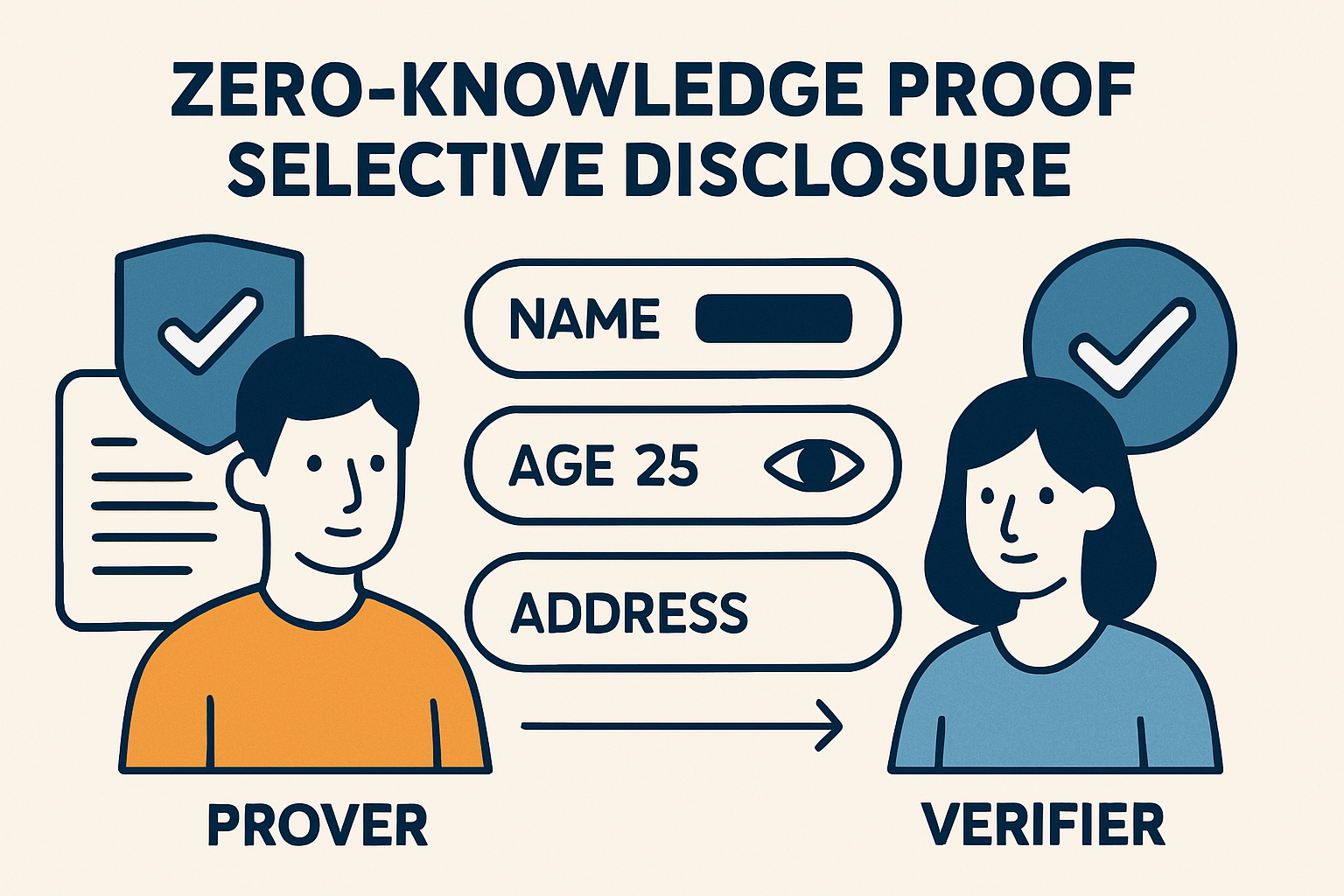
Selective Disclosure of Personal Data: ZKPs enable users to prove specific attributes (like age or citizenship) without revealing sensitive details, minimizing unnecessary data exposure.
-
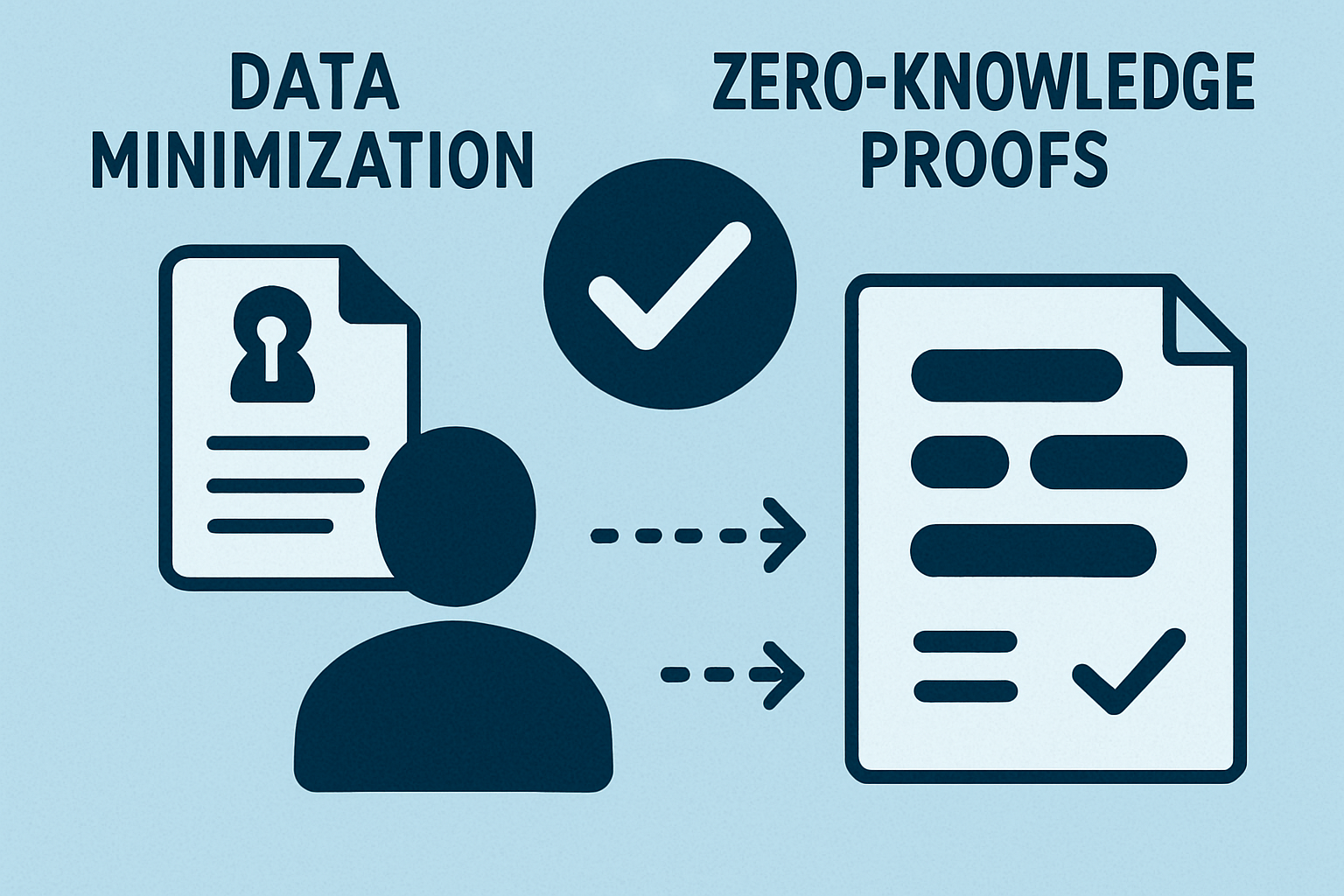
Enhanced Data Minimization: By only sharing what is strictly necessary, ZKPs help decentralized identity wallets comply with data minimization principles and reduce the risk of data breaches.
-
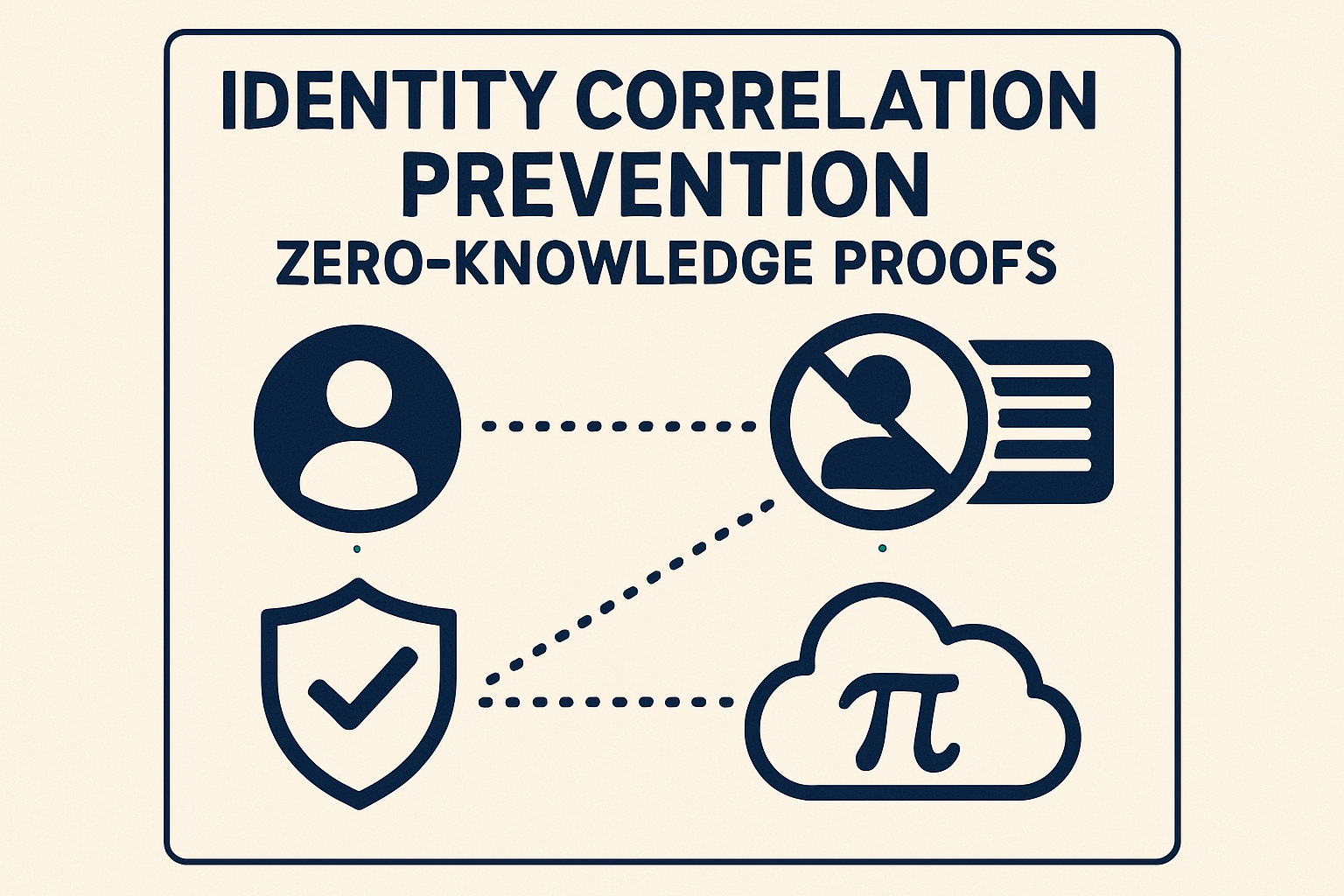
Protection Against Identity Correlation: ZKPs prevent verifiers from linking multiple interactions to the same user, safeguarding against tracking and profiling across services.
-
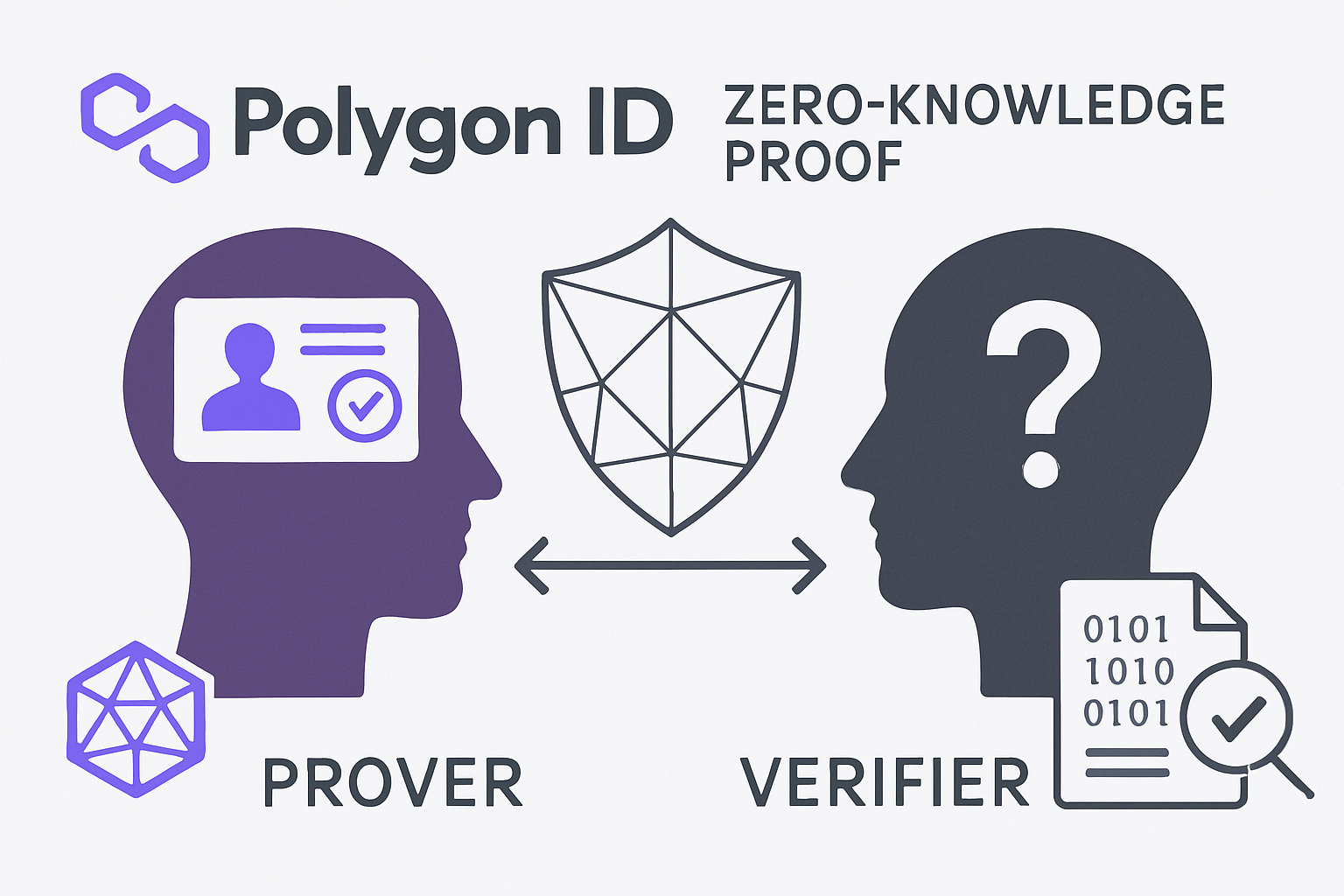
Self-Sovereign Identity Empowerment: ZKPs support self-sovereign identity systems, such as Polygon ID, allowing users to control and authenticate their credentials without centralized intermediaries.
-
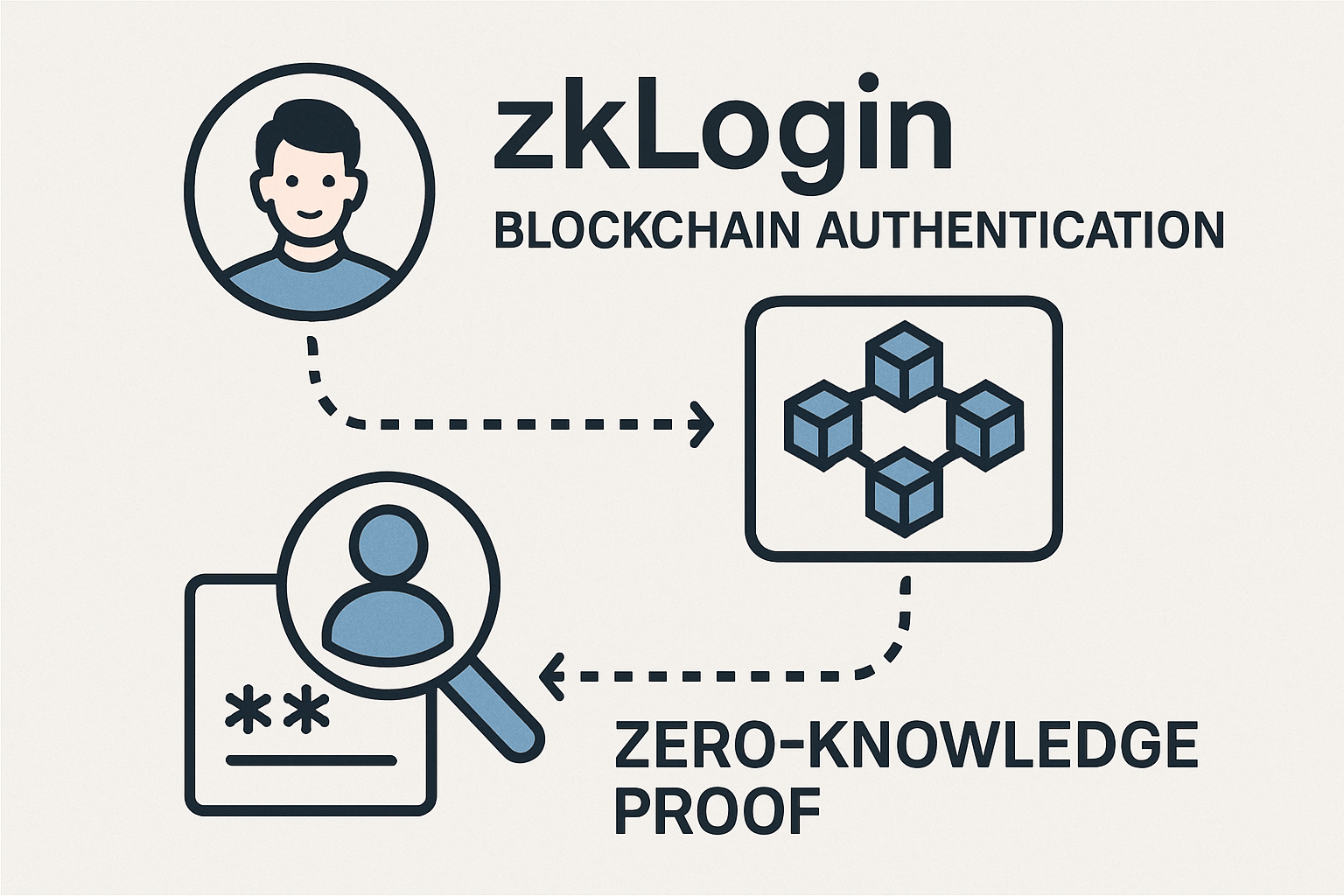
Private Authentication for Blockchain Transactions: Solutions like zkLogin leverage ZKPs to authenticate users via external identity providers (e.g., Google, Facebook) while keeping the link between off-chain and on-chain identities private.
By leveraging ZKPs, wallets like Polygon ID and zkLogin enable users to authenticate and prove eligibility without exposing their core identity. For instance, Polygon ID utilizes ZKPs on the Polygon blockchain to let users verify attributes, such as citizenship or age, while withholding all other information from verifiers. This architecture ensures that even if the verifier is compromised, your sensitive data remains protected.
Similarly, zkLogin bridges the gap between traditional Web2 identities (like Google or Facebook accounts) and blockchain accounts. It uses ZKPs to authenticate transactions without establishing a public link between your off-chain and on-chain identities. This approach not only enhances privacy but also addresses a critical usability challenge for onboarding mainstream users into decentralized ecosystems.
Data Minimization and Regulatory Compliance
One of the most significant impacts of zero-knowledge proofs in identity wallets is their role in data minimization. Since verifiers only receive confirmation of a claim rather than the underlying data, the risk surface for breaches and misuse narrows dramatically. This supports compliance with stringent privacy regulations and future-proofs DID wallets against evolving legal standards.
For a deeper dive into how these cryptographic techniques are reshaping digital identity, explore our comprehensive guide on how zero-knowledge proofs enhance privacy in decentralized identity wallets.
Beyond regulatory alignment, the integration of zero-knowledge proofs (ZKPs) fundamentally redefines user trust and control in decentralized identity ecosystems. Rather than relying on centralized authorities or opaque third-party processes, individuals can independently manage and present their credentials. This shift is particularly relevant as concerns around digital surveillance and mass data breaches continue to escalate globally.
Projects at the forefront of ZKP decentralized identity, such as Polygon ID and zkLogin, are not only demonstrating technical feasibility but also setting new expectations for privacy in everyday digital interactions. These solutions empower users to interact with decentralized applications (dApps), financial services, and even government portals while revealing nothing beyond what is strictly necessary. The result is a paradigm where privacy is the default, not an afterthought.
Challenges to Adoption and the Road Ahead
Despite their promise, ZKPs in identity wallets are not without challenges. Computational intensity, user experience hurdles, and interoperability with legacy systems remain key obstacles. For instance, generating and verifying ZKPs can require significant processing power, potentially impacting performance on resource-constrained devices. Meanwhile, new users may find the concepts behind ZKPs opaque or intimidating, underscoring the need for intuitive wallet interfaces and accessible educational resources.
Interoperability is another critical factor. As more DID wallets adopt zero-knowledge technology, standardized protocols will be essential to ensure that credentials issued by one system are recognized and trusted across others. Initiatives like W3C’s Verifiable Credentials standard are paving the way, but widespread adoption will require close collaboration between wallet providers, regulators, and open-source communities.
Practical Use Cases: Where ZKPs Make a Difference
The impact of zero-knowledge proofs extends far beyond theoretical privacy gains. In the real world, ZKPs are already being used to:
Real-World Uses of ZKPs in Decentralized Identity Wallets
-
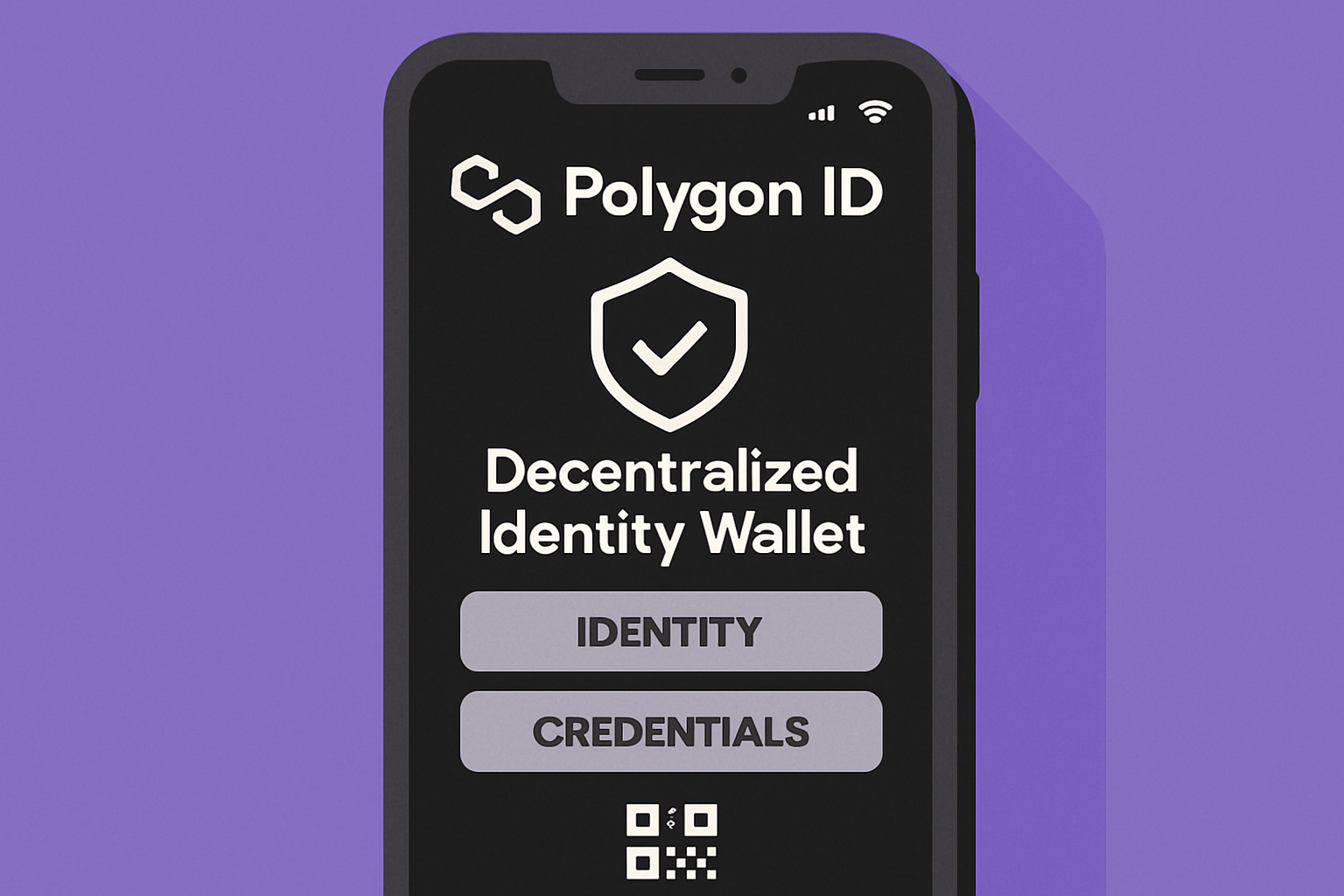
Polygon ID: Utilizes zero-knowledge proofs to enable users to verify personal attributes (such as age or residency) on the Polygon blockchain without exposing underlying personal data. This supports privacy-preserving, self-sovereign identity management.
-
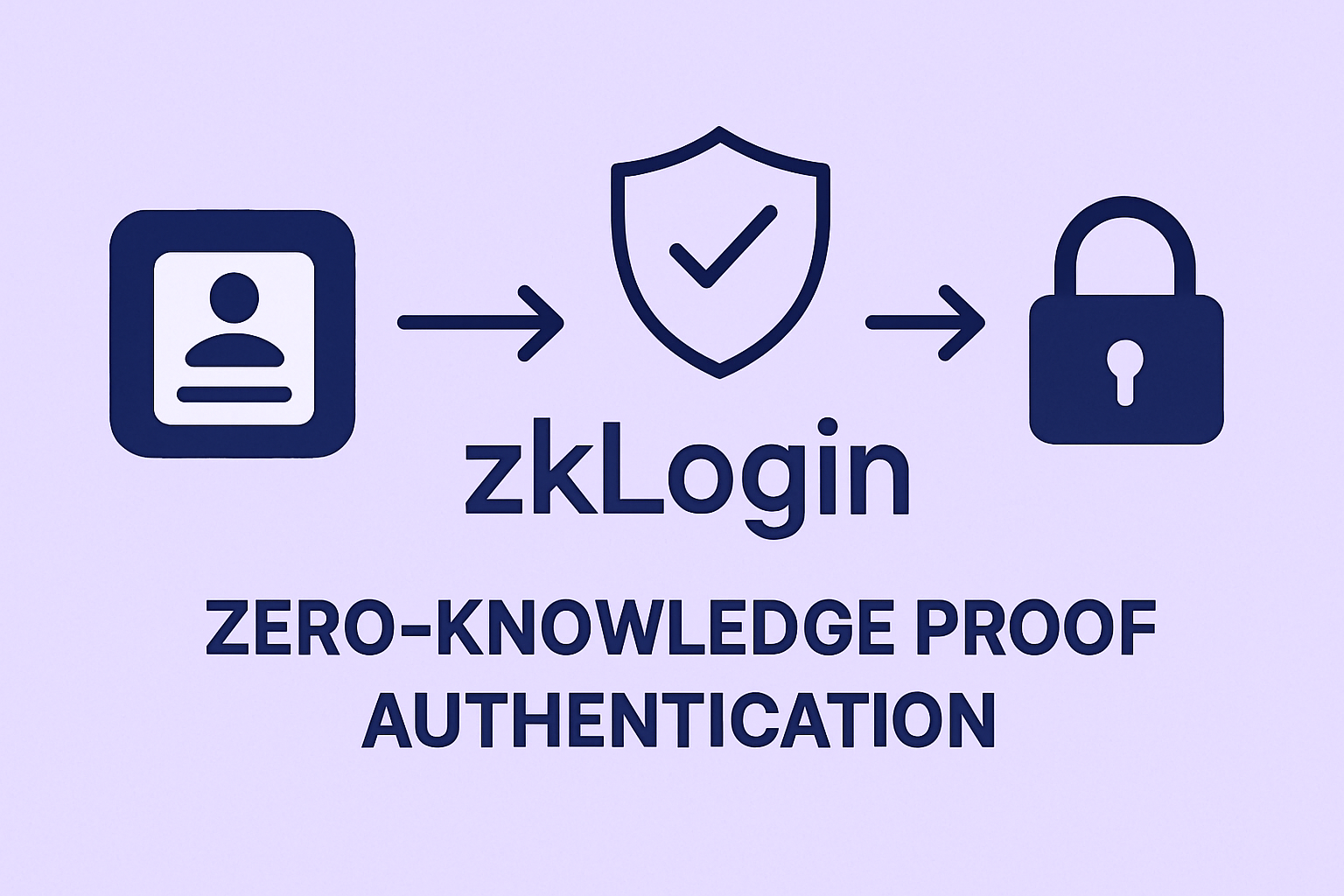
zkLogin: Leverages ZKPs to authenticate blockchain transactions using identity tokens from platforms like Google or Facebook, ensuring the user’s off-chain and on-chain identities remain unlinkable and private.
-
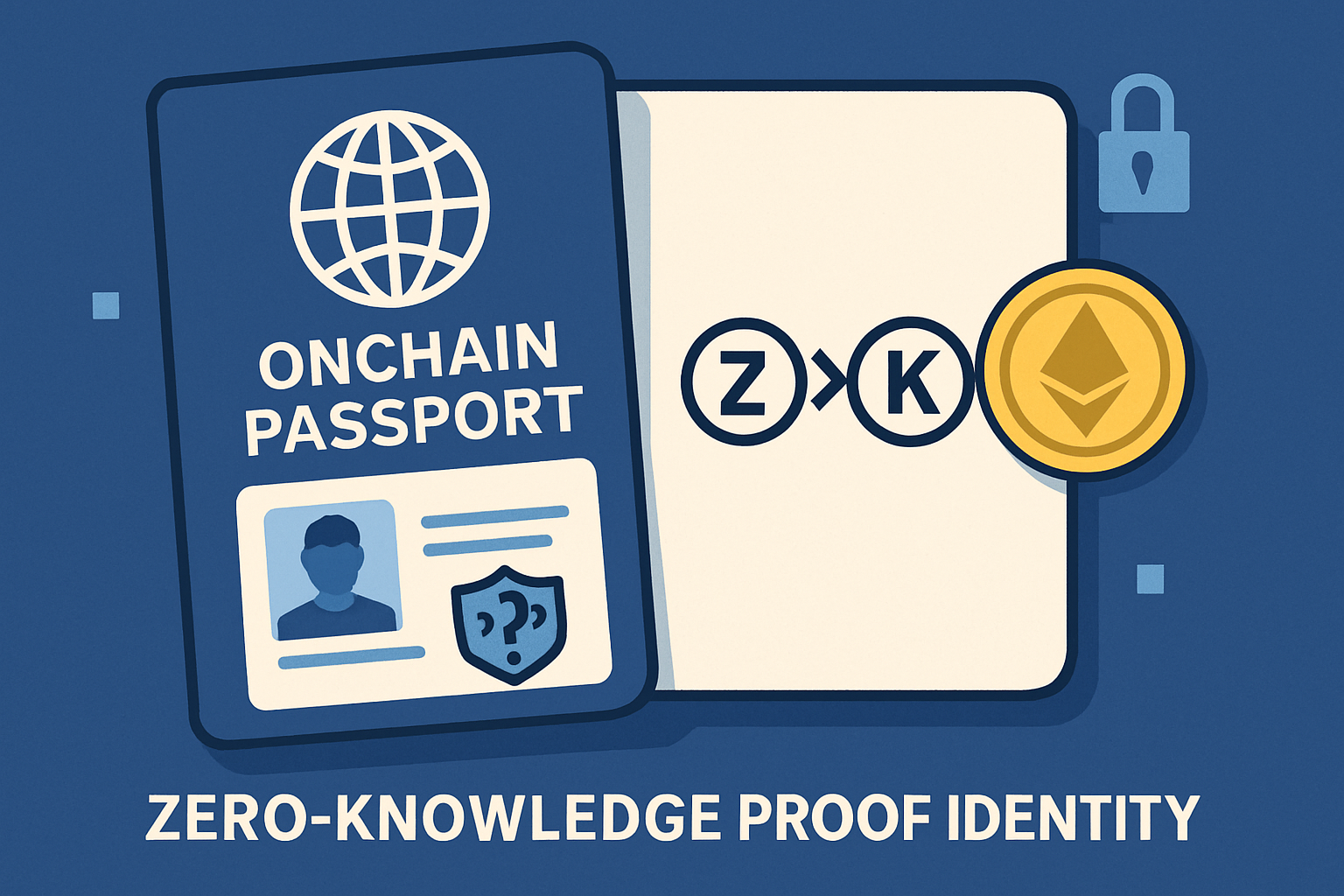
Onchain Passport: Implements ZKPs to allow users to prove eligibility (such as being over a certain age) without sharing sensitive information, enhancing privacy and data minimization in digital identity verification.
-
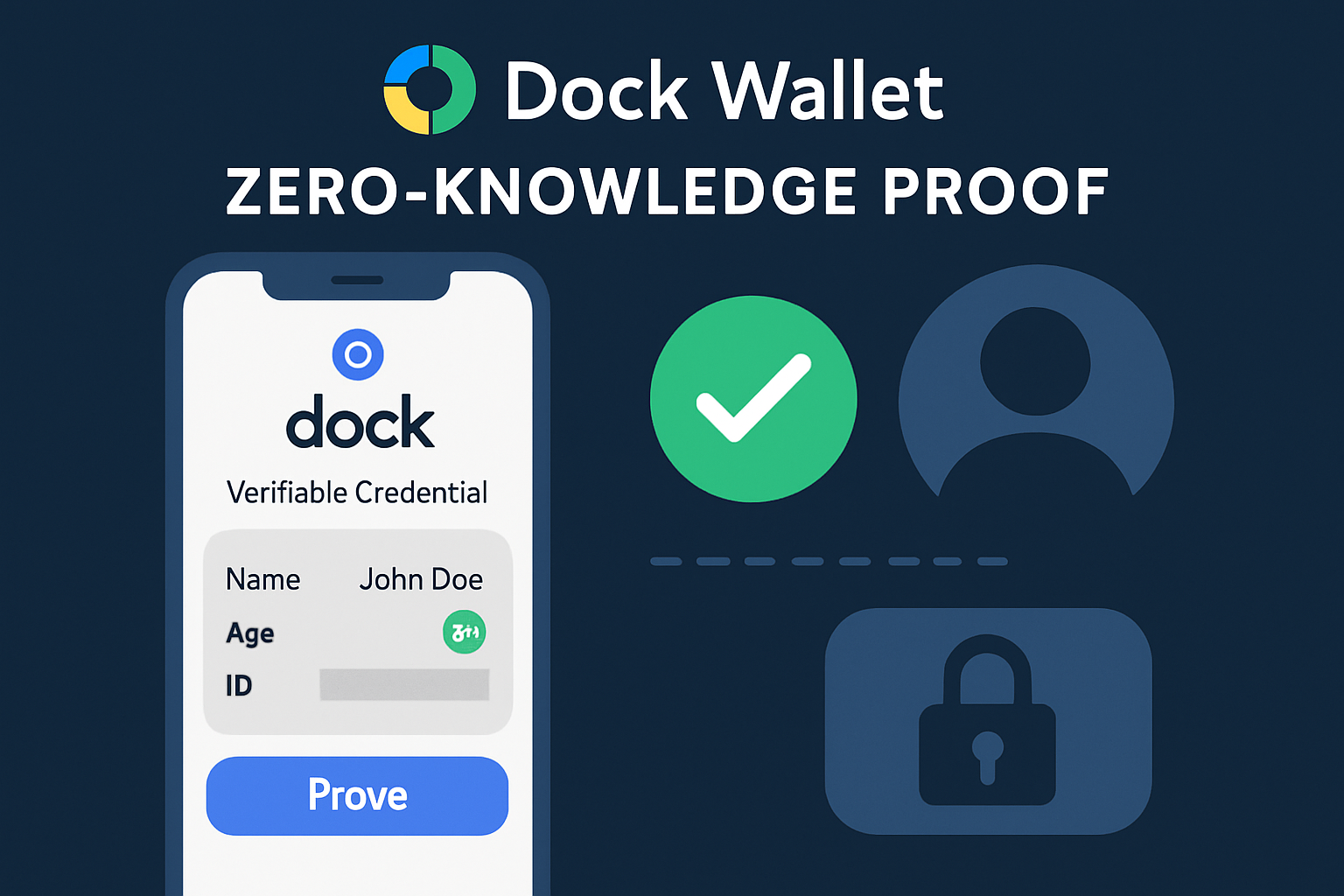
Dock Wallet: Employs zero-knowledge proofs for selective disclosure, enabling users to share only the necessary credentials (e.g., proof of membership) while keeping other identity details confidential.
-
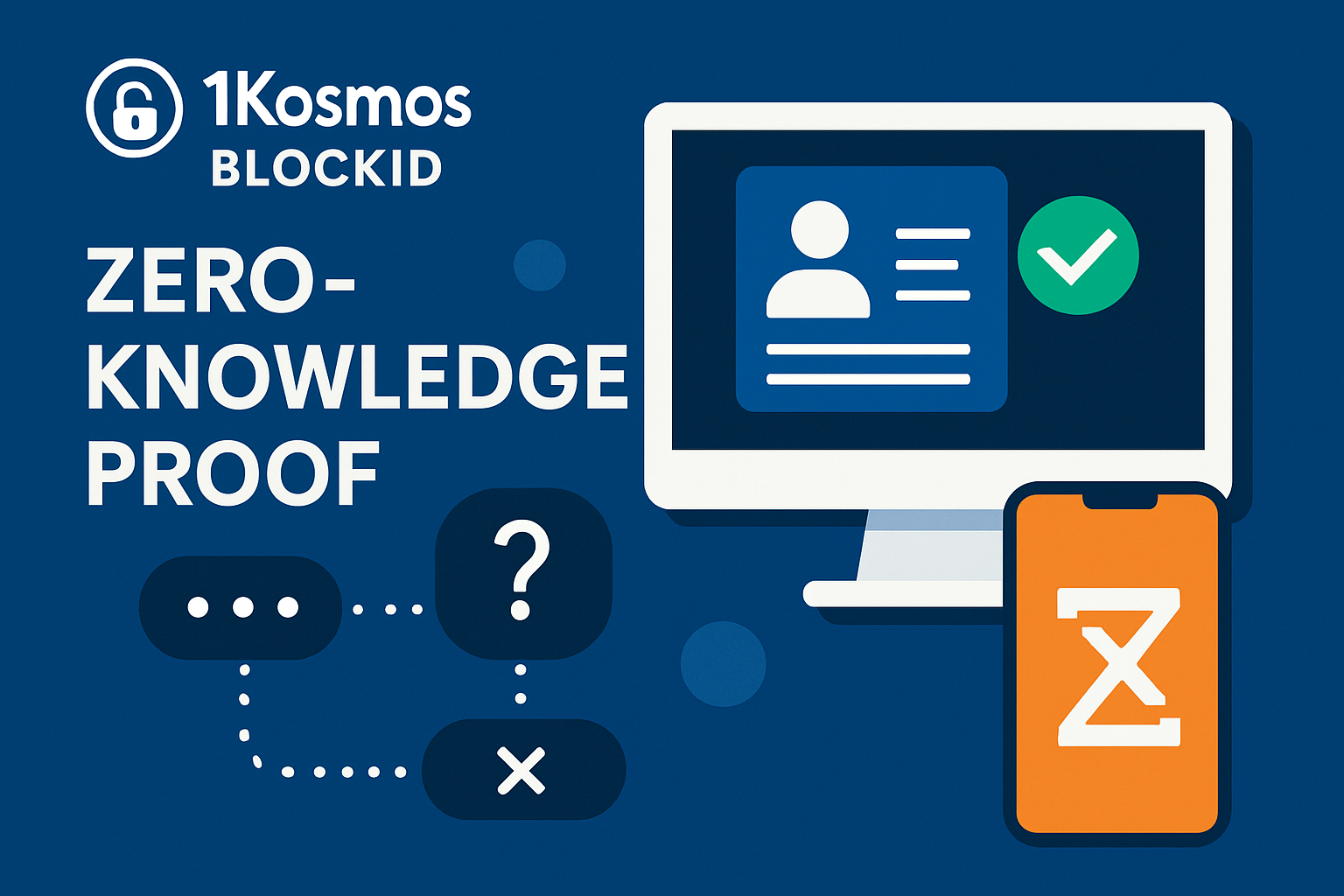
1Kosmos BlockID: Integrates ZKPs in its decentralized identity solution, allowing individuals to access and share credentials or provide privacy-preserving proofs anytime, anywhere, without revealing the actual data.
Consider a scenario where a user needs to prove residency for voting rights or access to local services. With a zk identity wallet, the user can generate a proof of residency claim that is verifiable by authorities but does not expose their address or other personal details. Similarly, age verification for online platforms can be achieved without sharing a birthdate, reducing the risk of underage access while preserving user privacy.
As adoption accelerates, expect to see ZKP-powered DID wallets integrated into sectors like healthcare, finance, and supply chain management, each benefitting from minimized data exposure and enhanced individual autonomy. For additional insights and technical resources, visit our in-depth coverage on how zero-knowledge proofs enhance privacy in decentralized identity wallets.
The Future of Privacy in Digital Identity
The evolution of zero-knowledge technology for self-sovereign identity is just beginning. As cryptographic research advances and user-centric design matures, ZKPs are poised to become a foundational element of privacy-preserving digital identity infrastructure. The benefits are clear: stronger compliance, reduced breach risk, and true user empowerment in the digital age.
For blockchain enthusiasts, developers, and privacy advocates alike, embracing ZKP-driven wallets marks a decisive step toward a future where individuals own their identity, and their data, without compromise.






